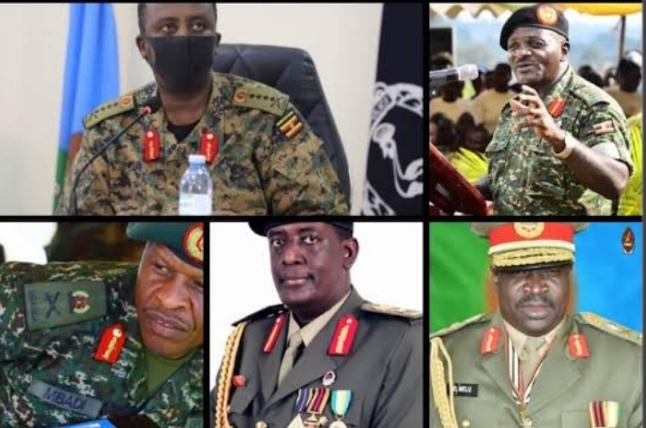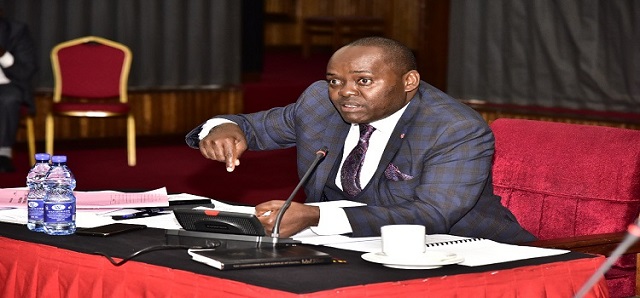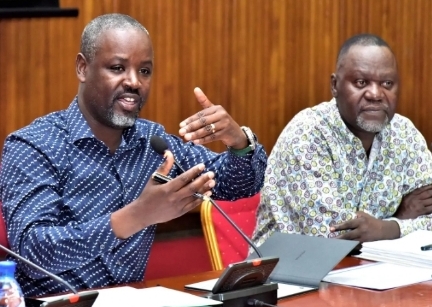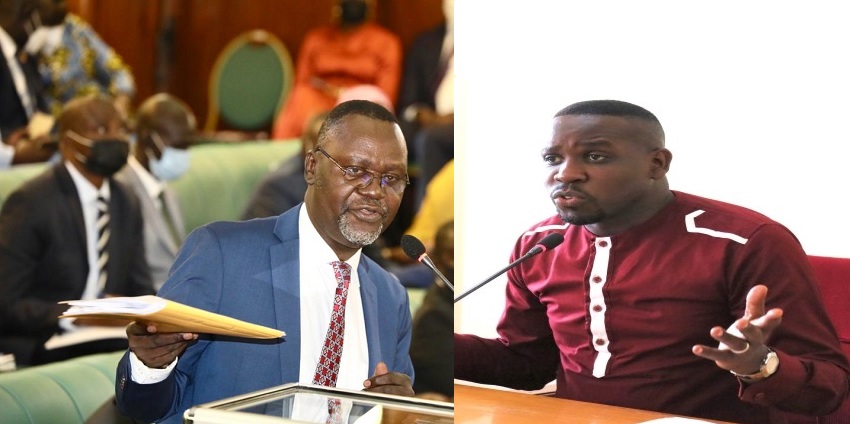The Ugandan Parliament is tightening its stance on dress code regulations, as the Committee on Rules, Privileges, and Discipline has proposed new guidelines to ensure uniformity and decorum among Members of Parliament (MPs).
Hon. Abdu Katuntu, the committee chairperson, has presented a report recommending a stricter dress code, including the elimination of combat uniforms worn by Uganda People’s Defence Forces (UPDF) representatives. The committee argued that military attire is unsuitable for parliamentary proceedings, as it conveys a battlefield mentality rather than fostering a neutral legislative environment.
“The committee discourages the practice of wearing combat uniforms during parliamentary proceedings,” Katuntu stated.
Hon. Aisha Kabanda (NUP, Butambala District Woman Representative) echoed this sentiment in her minority report, emphasizing that military dress could impair independent decision-making due to its association with the military’s command structure.
“Military attire can also be intimidating to the public and fellow MPs. Parliament should be a place of free debate, not one that evokes the image of military action,” Kabanda argued.
The committee’s report extended beyond military uniforms, addressing the broader issue of appropriate attire for all MPs. Hon. Charles Ayume (NRM, Koboko Municipality) proposed banning the ‘Mandela shirt’ a colorful, patterned shirt often worn by male MPs on the grounds that it is being wrongly classified as traditional wear. The committee agreed, asserting that only formal suits, shirts, and ties should be allowed for male legislators to maintain a professional appearance.
“A pair of long trousers with a jacket, kanzu and jacket, safari suit, and other traditional wear should be excluded from the rules. The only acceptable dress code for male MPs should be a suit, shirt, and tie,” Katuntu stated.
However, Hon. Kabanda opposed the removal of the kanzu and jacket, arguing that the attire is internationally recognized and should be maintained as an option for male legislators.
For female MPs, the committee supported Hon. Sarah Opendi’s (NRM, Tororo District Woman Representative) recommendation to incorporate the term “decent” in dress code regulations to guide attire selection. While acknowledging that some traditional outfits, such as the gomesi, meet decency standards, the committee cited the lack of a uniform national dress as a challenge. As a result, they recommended excluding all traditional wear to enforce consistency.
Kabanda further advocated for the explicit inclusion of the hijab in the parliamentary dress code to accommodate religious diversity.
As Parliament moves toward implementing these recommendations, the debate over cultural identity, professionalism, and personal expression in legislative settings continues to spark discussion among MPs and the public.
![]()




























